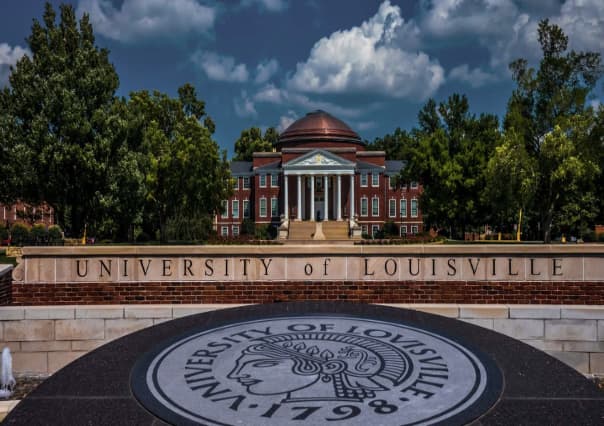Top English Language Proficiency Programs for Graduate Studies
Choosing the right university for postgraduate studies in English language proficiency can be a pivotal decision for your academic and career goals. With numerous institutions offering specialized programs, it's essential to find a place that aligns with your interests, resources, and future aspirations. This guide explores some of the most reputable universities worldwide, highlighting their strengths, program offerings, and what makes them stand out in the field of English studies. Whether you're looking to delve into literary theory, applied linguistics, or creative writing, these recommendations provide a comprehensive overview to help you make an informed choice.
Frequently Asked Questions About Top English Language Programs
1. What Makes a University Stand Out for English Language Studies?
When evaluating universities for English language proficiency programs, several factors come into play. First, consider the faculty's expertise and research contributions. Leading institutions often have renowned scholars who publish extensively in the field, offering students cutting-edge knowledge. Second, the curriculum's breadth and depth matter. A strong program should cover both theoretical foundations and practical applications, such as teaching English as a second language (TESOL) or translation studies. Additionally, resources like libraries, writing centers, and internship opportunities can significantly enhance your learning experience. For instance, universities like the University of Cambridge or Stanford University pride themselves on their rigorous academic standards and connections to global literary communities. Prospective students should also look for programs with interdisciplinary approaches, blending linguistics, psychology, and cultural studies to provide a holistic understanding of language. Ultimately, the best choice depends on your specific goals—whether you aim to become a researcher, educator, or writer—and the university's ability to support those ambitions.
2. How Do I Choose Between a Master's and a Ph.D. Program?
Deciding between a Master's and a Ph.D. program in English language studies depends on your long-term career objectives. A Master's degree typically takes two years and equips you with advanced knowledge and research skills, making it ideal for those seeking careers in education, publishing, or policy-making. Programs like the Master of Arts in English at the University of Oxford focus on critical analysis and specialized coursework, preparing graduates for diverse roles. On the other hand, a Ph.D. is a research-intensive program designed for those pursuing academic careers or contributing to theoretical advancements. For example, the Ph.D. in English Literature at Harvard University emphasizes original scholarship and teaches students how to conduct independent research. If you're unsure, consider speaking with current students or alumni to understand the demands and outcomes of each program. Factors like funding opportunities, mentorship quality, and industry connections can also influence your decision. For instance, some Master's programs offer teaching assistantships, while Ph.D. programs often provide stipends, so financial support should be a key consideration.
3. What Are the Best Universities for Creative Writing?
Creative writing programs thrive in environments that foster artistic expression and provide mentorship from published authors. Institutions like the Iowa Writers' Workshop, part of the University of Iowa, are legendary for their intensive workshops and alumni network, which includes numerous award-winning writers. Similarly, the Master of Fine Arts (MFA) in Creative Writing at Columbia University offers specialized tracks in fiction, poetry, and nonfiction, with renowned faculty members guiding students through the craft. When selecting a program, look for opportunities to publish your work, attend readings, and participate in writing retreats. For example, the University of East Anglia in the UK hosts the prestigious Norwich International Writing Festival, exposing students to industry professionals. Practical considerations, such as program duration (one or two years) and cost, should also align with your goals. Some programs, like the Warren Wilson College MFA in Creative Writing, emphasize a workshop-based model with a focus on community and revision, which can be ideal for developing a unique voice. Ultimately, the best choice is one that balances artistic freedom with structured guidance, helping you grow as a writer.


.jpg)
.jpg)

.jpg)
.jpg)
.jpg)
.jpg)
.jpg)
.jpg)